If you’ve got the itch to make things, you probably already know about Arduino. It’s the platform for building all kinds of computer-connected gizmos.
Basically, if you can imagine it, you can make it with Arduino — and books from Make show you how.
![Makers rejoice: This massive Arduino library costs just $20 [Deals] This bundle of 15 Arduino eBooks are a must-have for any Maker.](https://www.cultofmac.com/wp-content/uploads/2019/01/Arduino-by-Make.jpg)
If you’ve got the itch to make things, you probably already know about Arduino. It’s the platform for building all kinds of computer-connected gizmos.
Basically, if you can imagine it, you can make it with Arduino — and books from Make show you how.
![Get plugged into the IoT on a budget for the home [Deals] These deals prove you don't need to be rich to get in on the Internet of Things.](https://www.cultofmac.com/wp-content/uploads/2018/09/IoT-House-Roundup.jpg)
If you’ve read about technology in the last five years, you’ve heard about the internet of things. It represents a merging of the physical and digital worlds, where devices of all kinds are network-enhanced.
That futuristic world is already here, and we rounded up some of our best deals on IoT-ready gear so you can embrace it fully. You’ll find great buys on an Alexa-enabled smart clock, an app-connected outlet, a mini vacuum droid and more.
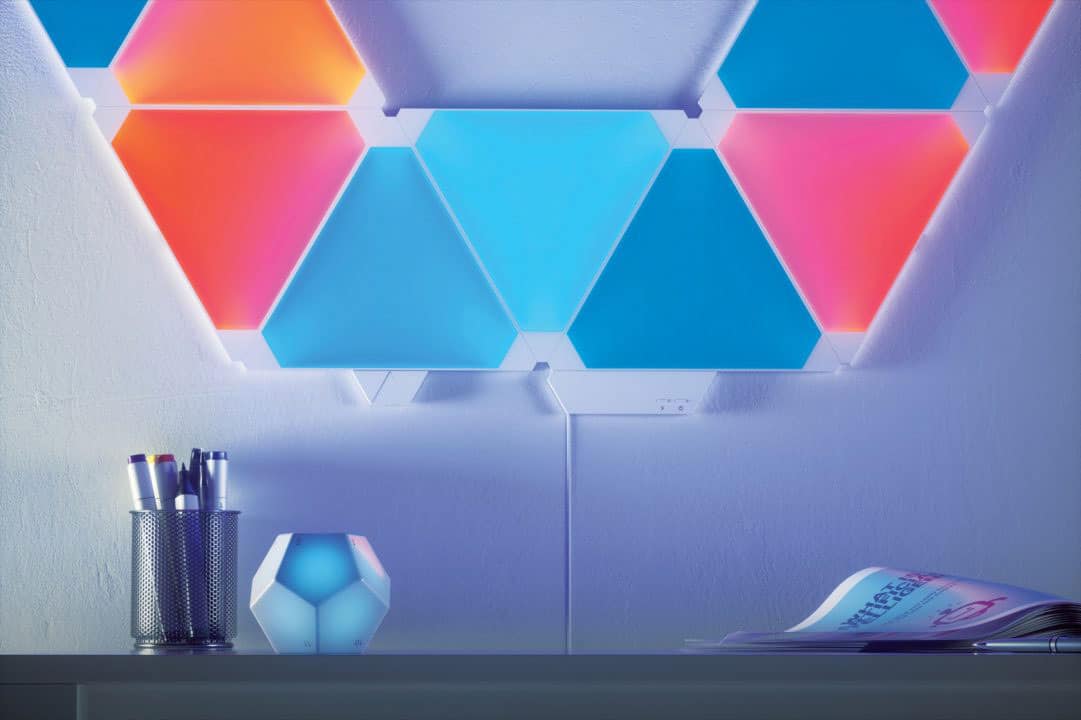
 The device is called The Remote, but those familiar with the company behind it probably could have predicted it would not look anything like a remote control.
The device is called The Remote, but those familiar with the company behind it probably could have predicted it would not look anything like a remote control.
Nanoleaf, creators of smart light-panels that give any room a futuristic glow, unveiled a 12-side geometric table-top object at CES Tuesday that will work with Apple HomeKit-enabled smart home devices.
![This pillow is sleep-inducing music to your ears [Review] Dreampad is a pillow that joins forces with your iPhones to help you sleep.](https://www.cultofmac.com/wp-content/uploads/2016/10/Dreampad001.jpg)
A good night’s sleep could start with a good pillow. But the part of our bed designed to rest our head doesn’t do anything to shut it off.
But what if it could?
The Dreampad along with an iPhone app promises to do just that. The firm and fluffy pillow uses a patented technology that delivers relaxing music through the pillow that can be heard only by you and not the sleeper next to you.

This post is brought to you by EdX.
It’s often said that the internet makes it possible for anyone to get educated on any subject. But just as in offline modes of education, the many models of online teaching and learning are far from perfect, with plenty of room for improvement and innovation.
A joint effort between Harvard and MIT — dubbed EdX — is aiming to provide not only a place for learning new skills, but a platform for innovating new ways of teaching and learning over the web. It’s a nonprofit online education platform partnered with nearly 100 of the world’s leading universities and institutions — Harvard, MIT, Microsoft, Caltech, Columbia, you get the picture — to provide students anywhere in the world access to more than 1,000 certified courses. As an open-source platform, it also offers educators an opportunity to design and implement their own modes of teaching.

Revolv smart hubs will no longer be supported as of May 15. Even though subscribers have known this was coming since February, there wasn’t a lot of attention until an author’s highly critical piece was published on Medium.
That story has spurred conversations questioning investment in the Internet of Things, or IoT, and prompted Nest to consider compensating users who were early investors in the Revolv hub.
![Smartplug’s Hue integration is no substitute for Siri [Reviews] Zuli smartplug smartplugs](https://www.cultofmac.com/wp-content/uploads/2016/03/Zuli-smartplug-smartplugs.jpeg)
The Zuli smartplug has been out since September, but starting today, it’s gained some cool new functionality: You can now use its companion app to control Philips Hue smartbulbs.
This joins the device’s existing features like Presence, which turns on lights and adjusts the thermostat as soon as you enter a room, and schedules and tracks power usage of connected devices through the app. But if you have Hue devices and don’t already own Zuli, is its new superpower enough to justify the purchase?
Probably not, honestly. But it has enough going on that you might want to check it out, anyway.
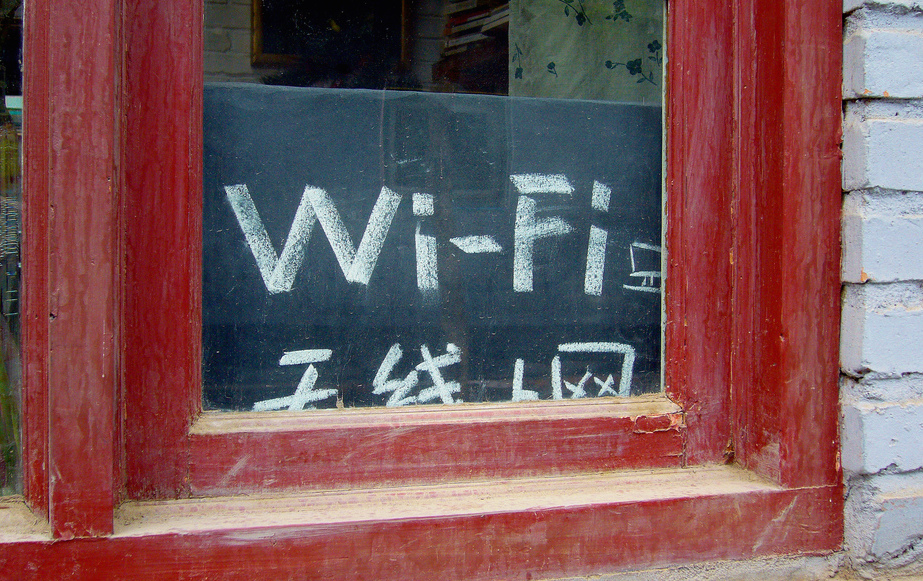
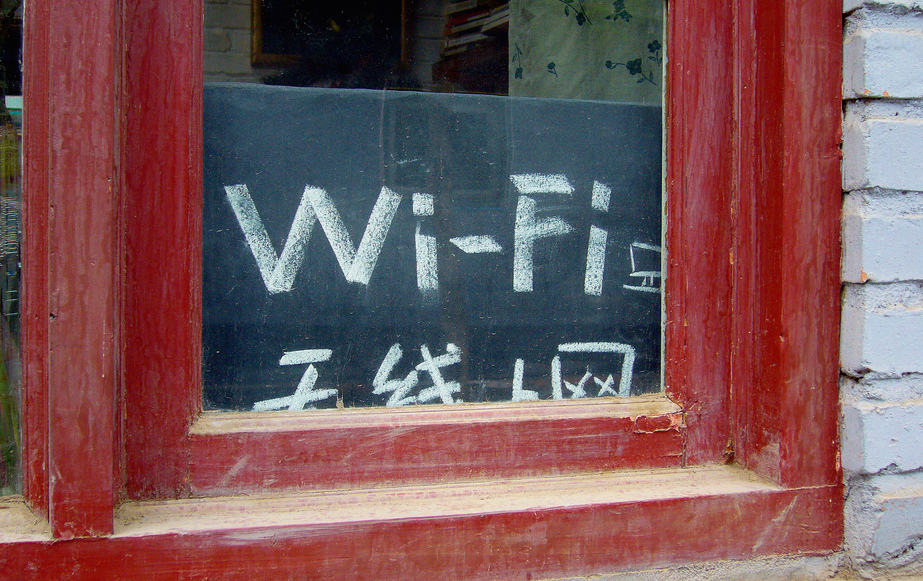
Which makes this the perfect time for the announcement of a new type of Wi-Fi called Wi-Fi HaLow, which is an extension of the upcoming 802.11ah Wi-Fi standard, designed to end up inside fitness trackers, home sensors and other smart gadgets.
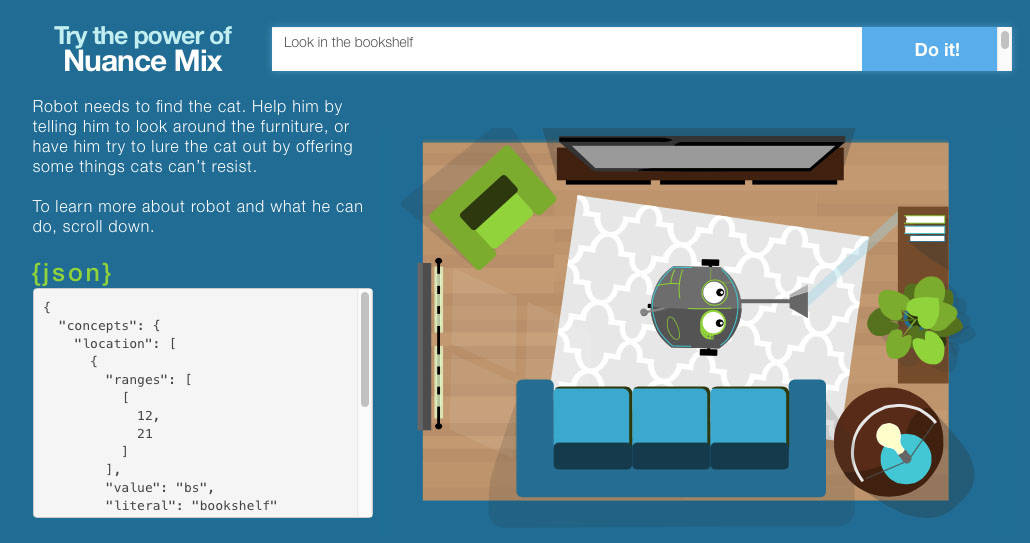
Your smart life is about to get even smarter with a new set of software development tools that will let coders include world-class speech recognition and natural language processing — the same stuff that powers Siri, Apple’s personal digital assistant — to thermostats, refrigerators, apps and, yes, even robots.
The folks at Nuance have created a new system, currently in beta, to allow any company to include code with language commands that are specific to their hardware or apps. It’s called Nuance Mix, and anyone can sign in and create their own speech-recognition code to work with their apps or connected devices.
“Any developer, big or small, can come in and define a custom set of use cases,” Nuance’s Kenn Harper told Cult of Mac during a demo of the SDK. “You’re going to start talking to everything at home and work — speech is about to get more ubiquitous.”
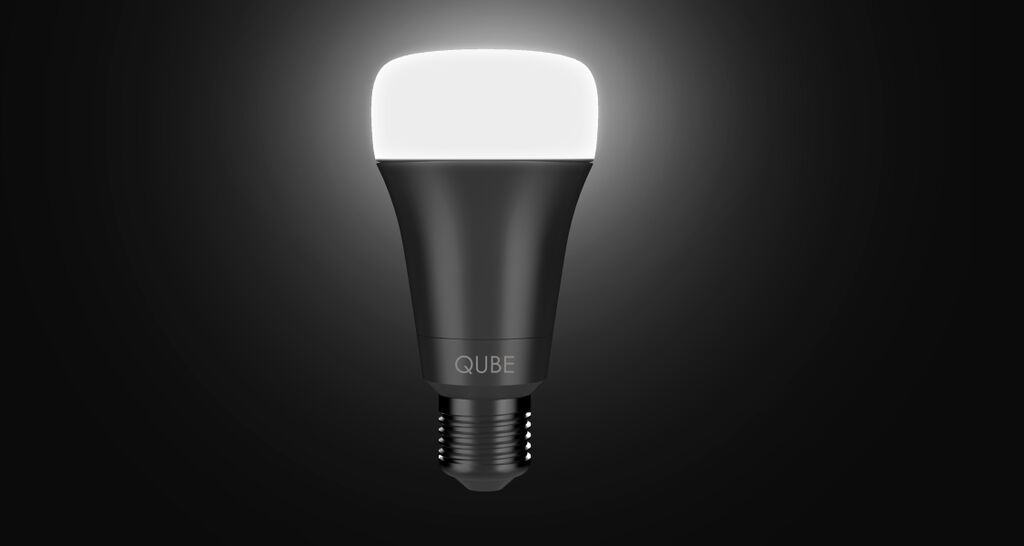
I love my Philips Hue smart-lighting kit, but every time I’ve just randomly turned my living-room lights different colors in front of another person, they’ve asked the same question:
“How much did you pay for this?”
And then I just kind of mumble something because while the system has added convenience and versatility to my apartment, I’m still not super comfortable admitting that I plan on paying $60 for a light bulb. Instead, I just say, “It was for work,” and leave it.
But Qube, a new smart-lighting system that launches in April, wants to avoid that kind of awkwardness with bulbs that cost way less than its competitors but offer just as many opportunities for just the weirdest ambience you can design.
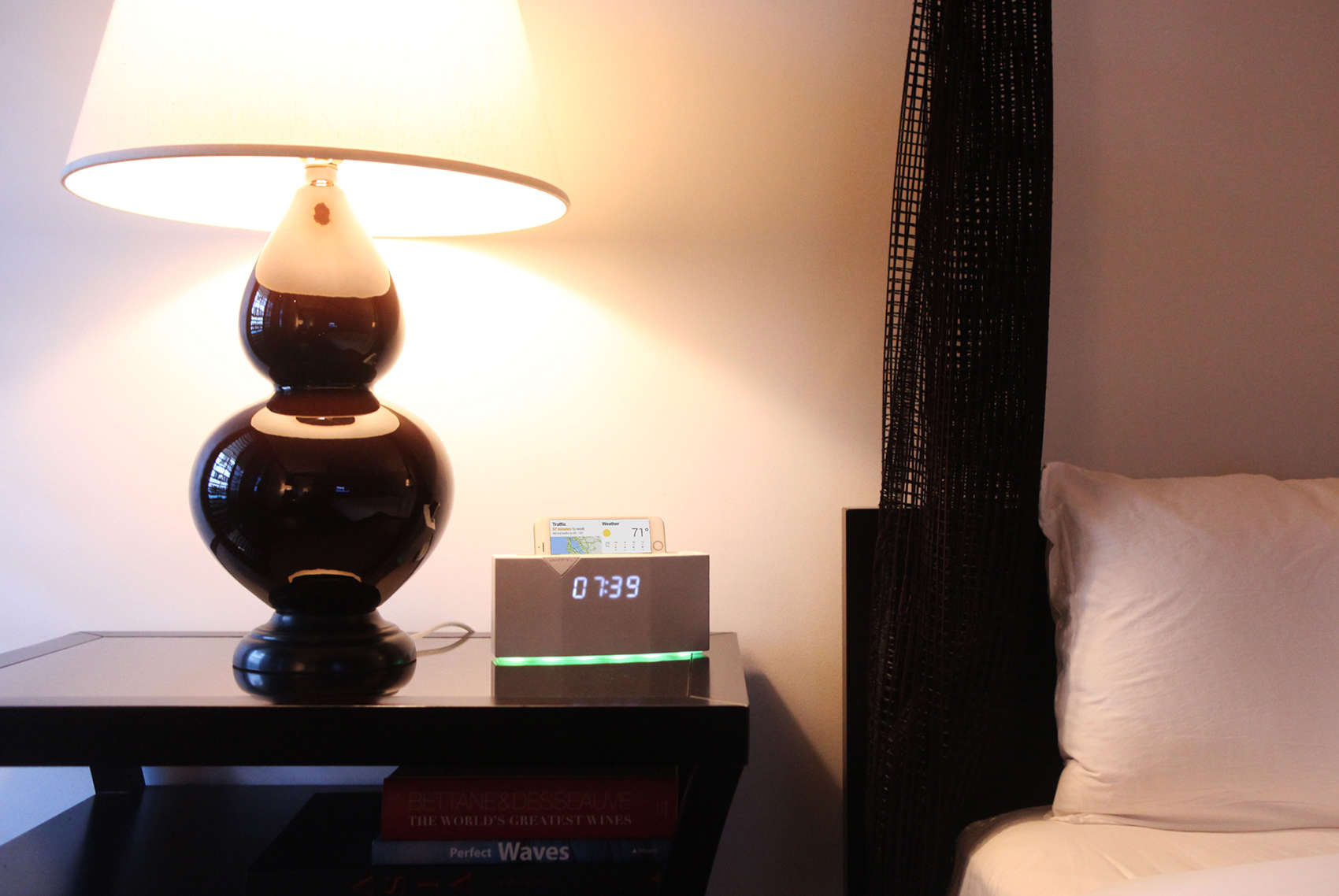
You may have broke your last alarm clock swiping it off your nightstand as you tried to make it stop doing that one thing it’s supposed to do – get your ass out of bed.
In its place comes Beddi, the clock that teams up with your iPhone to wake you, get the coffee started and even hail you an Uber ride. Dock your phone at night for charging, enjoy some pillow talk with Siri, activate a mood light and fall asleep to white noise.
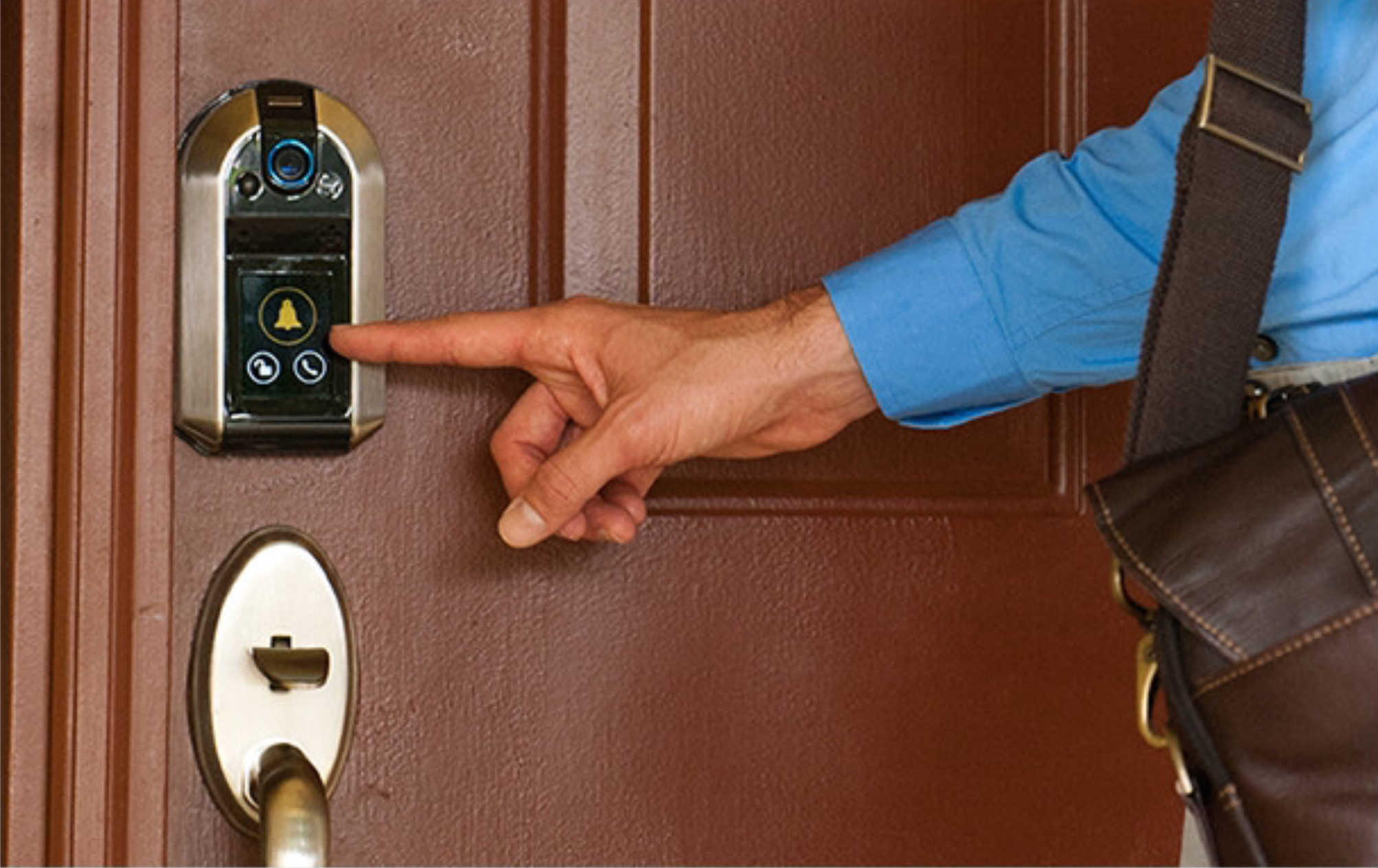
Electrics giant Westinghouse is getting into the connected-home game, and its first offering is a smart lock that looks like it should be seeing if it can’t lock down a stabilizer in a Star Wars X-Wing.
The Nucli (which is pronounced “new-klee” and not “nuck-lee,” regardless of how your brain sees it) will offer a wealth of features to help you secure your domain.
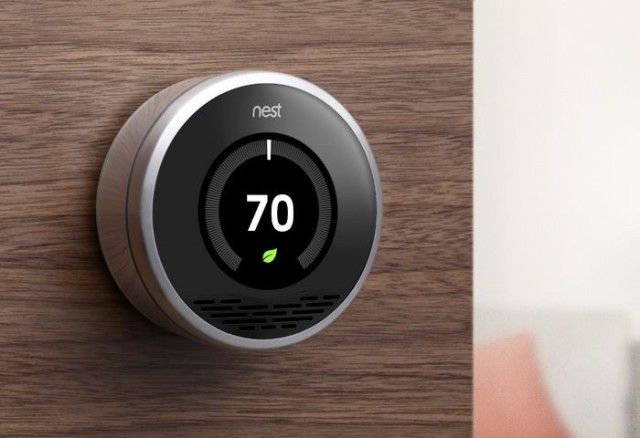
Google may have poured billions into buying smart thermostat maker Nest Labs, but according to a new piece of consumer research, Apple’s the company most people think of when it comes to Internet of Things devices.
Conducted by ThroughTek, a leading Machine-to-Machine (M2M) solutions provider, almost half of consumers (48 percent) aware of IoT devices on the market are said to be familiar with Apple’s devices in the category, while just 22 percent know Samsung’s, 15 percent know Amazon’s, and 13 percent know Google’s.
Despite, you know, the fact that Apple’s not really an Internet of Things company at all!
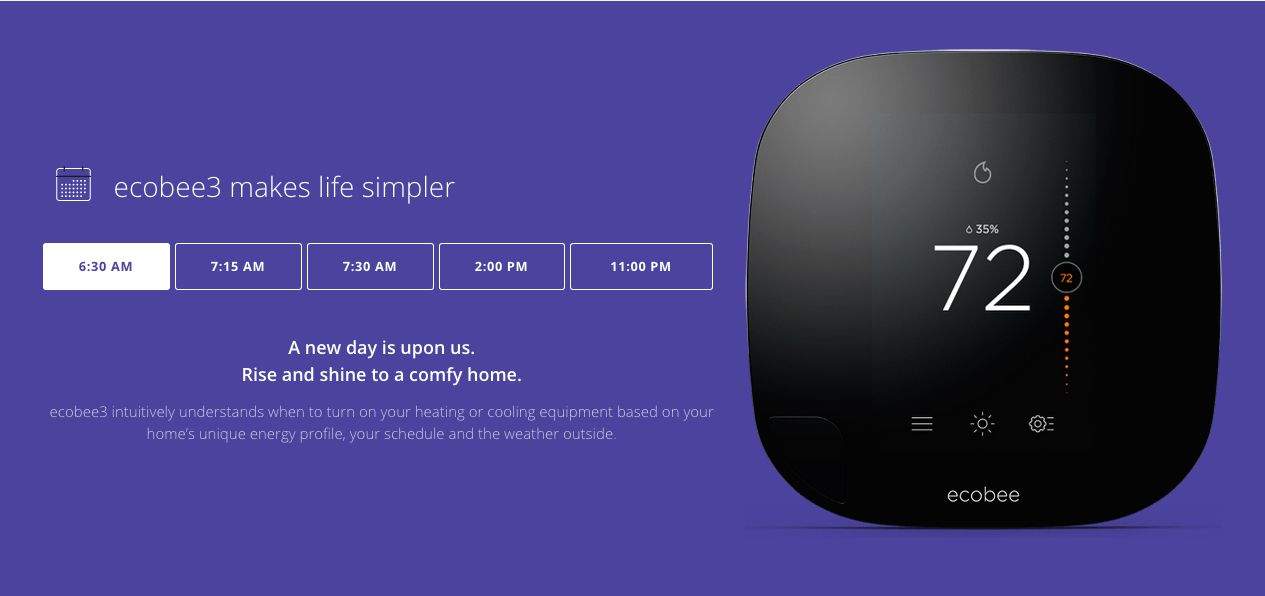
If you’re starting to figure out how you can use HomeKit to make your house less dumb, you can now get started by heading to the Apple Store and picking up the ecobee3, the first thermostat that works with Apple’s smart-appliance platform.
The device retails for $249, and it’s available in North America Apple Stores today.
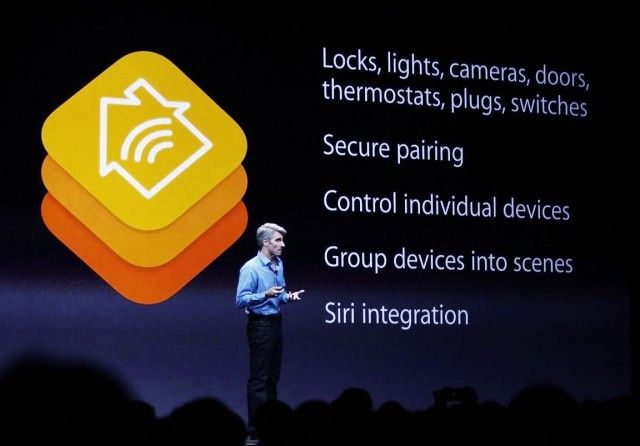
Apple is gearing up to introduce its smarthome platform HomeKit alongside the launch of iOS 9 this fall. It will let users control smart devices like lights, door locks, and thermostats from their phones. You’ll also be able to issue voice commands to digital assistant Siri, and the company has updated the list of things you can say to get things done around your house.
But when we looked at the list of commands, we noticed that Apple is making some strange assumptions about how people might be using the new automation features. Here are some of the examples Apple gives and why they have us scratching our heads.

Steve Wozniak, one of Apple’s co-founders, does not yet own the company’s recently released smartwatch.
“They haven’t shipped it yet,” he said in a recent interview that also covers his thoughts on artificial intelligence, driverless cars, and Segways.
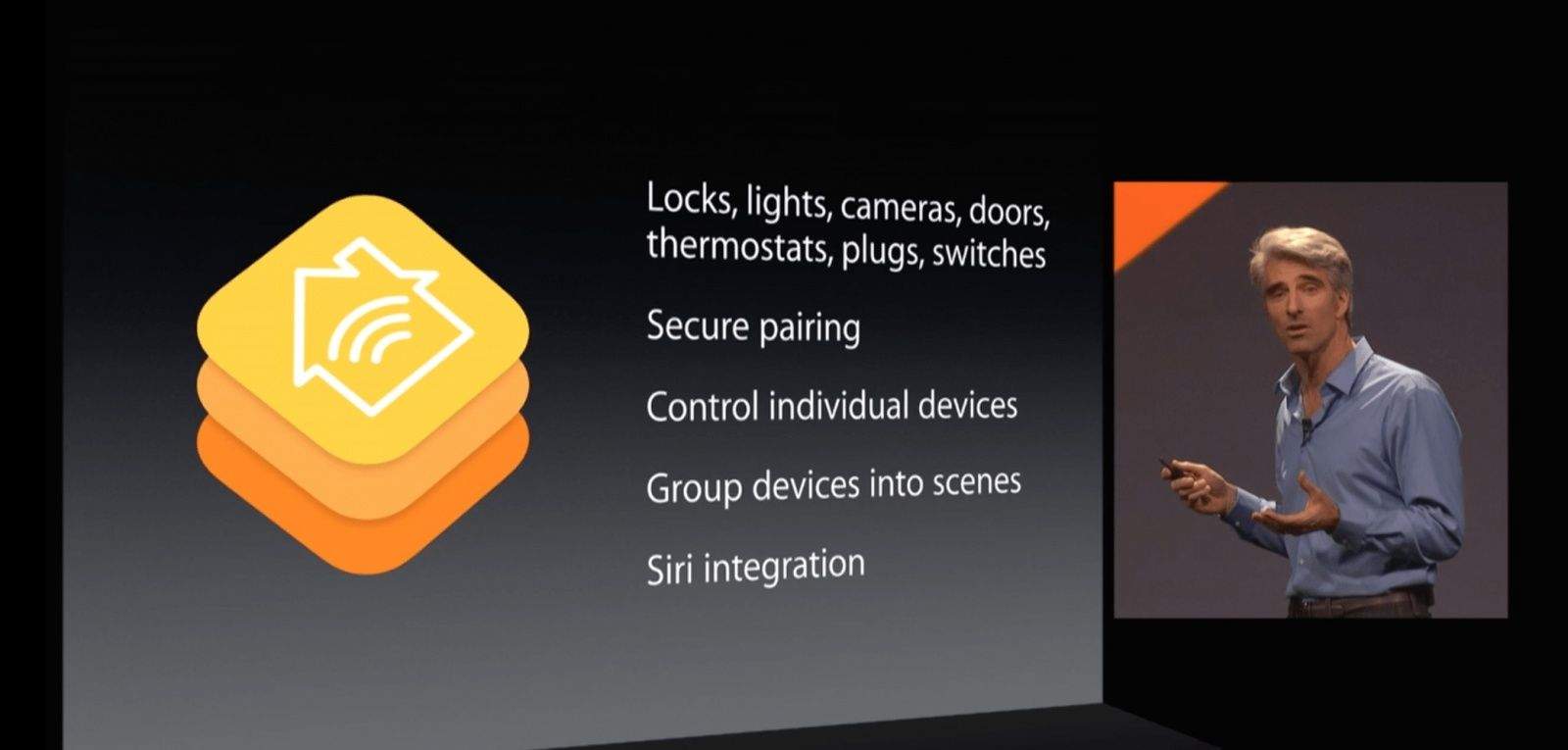
HomeKit just gained a powerful new partner: Communication firm Broadcom announced yesterday that its WICED (“Wireless Internet Connectivity for Embedded Devices”) software now offers full support with Apple’s connected-accessory framework.
WICED is the first software development kit to meet HomeKit’s standards for Wi-fi and Bluetooth Smart, which gives it a head start over other companies looking to get in on Apple’s platform.

This is the year computer power migrates to our wrists. We have the roll-out hype of the Apple Watch to thank for that. But one company wants that power to be flexed through a flick of the wrist.
Reemo is software and a wrist device you probably haven’t heard of. It doesn’t come in gold or send your heartbeat to a loved one.
It is built around the emerging technology of gesture control — users become maestros in their homes and offices. With a range of gestures and arm movements, users can control the volume on televisions and stereos, trigger door looks, drop the temperature of a room and power lighting up or down.
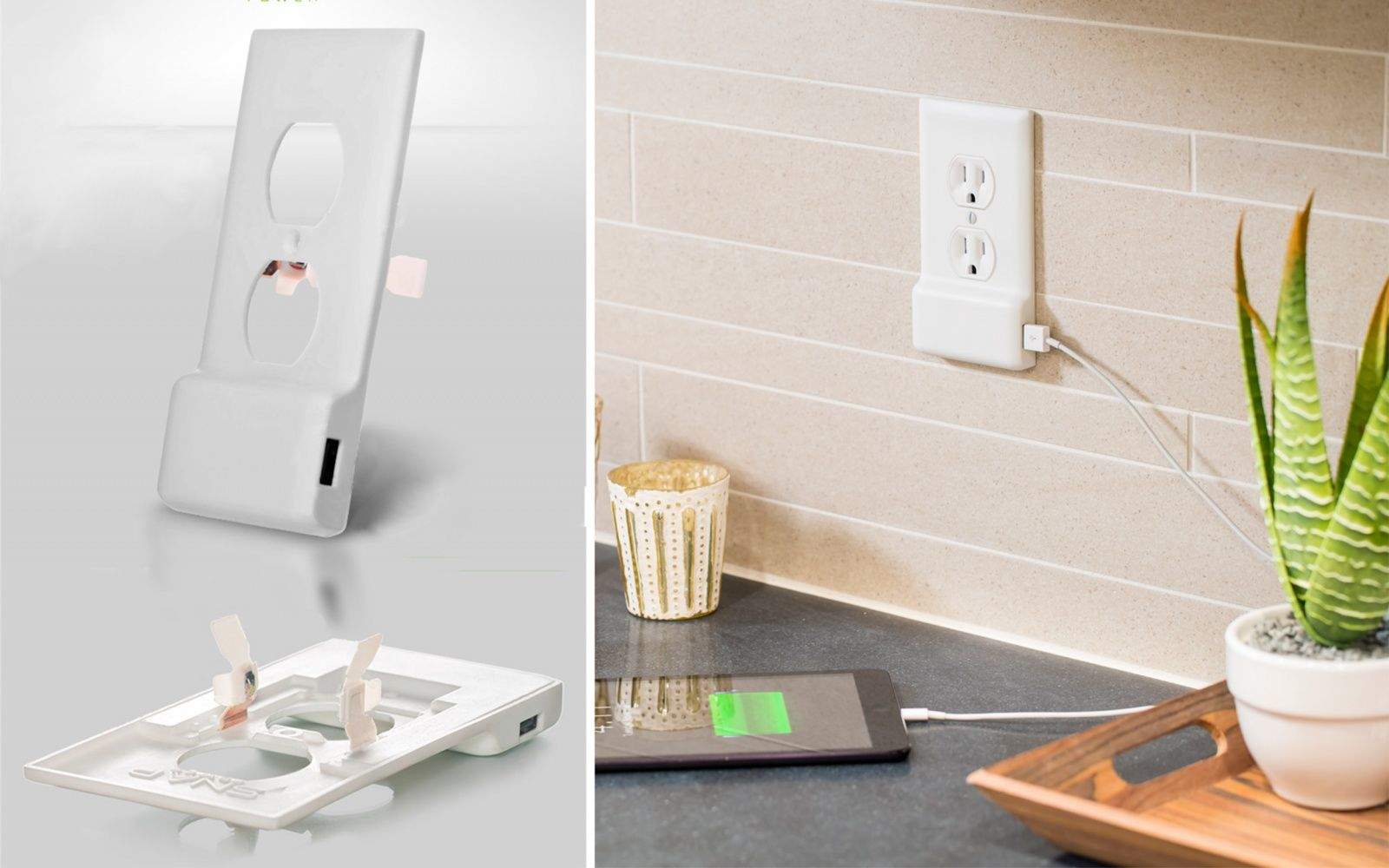
There are just two of us in the apartment, but power strips and bulky USB adapters charging our various devices take up room in every room.
The founders of SnapPower are building a company around the electrical outlet to bring order to household cords.
After the success of an outlet plate with built-in LED lights, the Orem, Utah company already has raised thousands of dollars on Kickstarter to produce an electrical outlet cover with a sleek, built-in USB charger.

Johann Jungwirth is a new Apple employee with one of the world’s most unbelievable job titles.
Until the middle of last year, Jungwirth headed up the big Mercedes-Benz R&D facility in Silicon Valley that, among other things, is responsible for the futuristic self-driving car you see below. (The astonishing Mercedes F 015 is very real, BTW).
Jungwirth was hired by Apple last September and given the title of “Director of Mac Systems Engineering,” according to his LinkedIn page. The title appears to be total hogwash. Jungwirth spent his entire 20-year career working on connected cars, not computers.
Apple is famous for obfuscating about its new hires to throw off competitors and journalists, and the company is reportedly working on a top-secret electric car. If Apple is interested in the stuff Jungwirth has worked on, it’s going to be a wild ride.

LAS VEGAS — I hate hunting. Not because I’m morally opposed to needlessly slaughtering animals, but because I’m a horrible shot.
 I couldn’t hit a deer even if it was only 100 yards away, which is why I need TrackingPoint’s Internet-connected rifles. They boast the same type of precision-guided technology that fighter jets use to blast targets from miles away, while letting your family and friends watch the slaughter from the comfort of their couches.
I couldn’t hit a deer even if it was only 100 yards away, which is why I need TrackingPoint’s Internet-connected rifles. They boast the same type of precision-guided technology that fighter jets use to blast targets from miles away, while letting your family and friends watch the slaughter from the comfort of their couches.
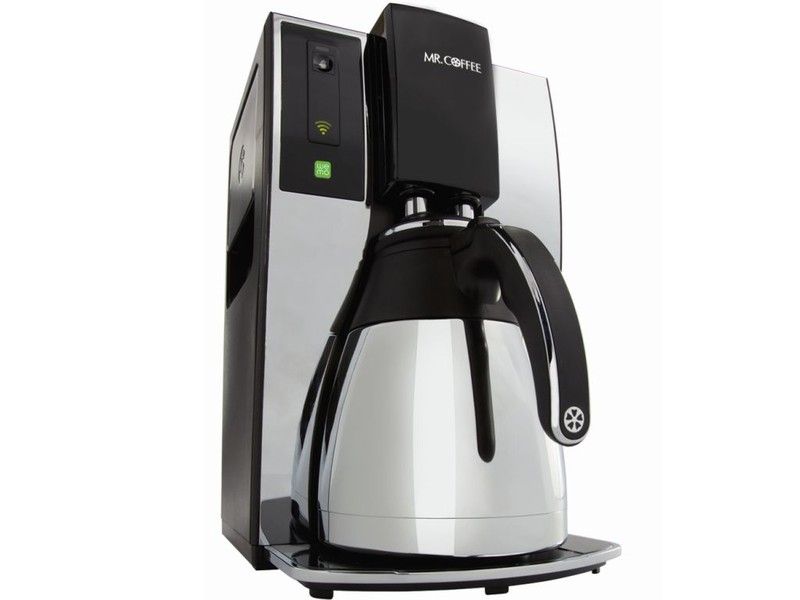
No pun intended, but coffee is hot stuff in Silicon Valley, where overworked engineers rely on cup after cup of the black stuff to keep them focused on building amazing products.
If you too are a bit of a tech-loving caffeine fiend, you may be interested in the new Mr. Coffee Smart Coffeemaker, a gorgeous new smart coffee-making device programmed and controlled remotely from your iPhone.
Using the dedicated iOS app, users can schedule up to a week’s worth of coffee brew times — meaning that your morning pot of joe can start being brewed while you’re still asleep, so that it’s all ready for sipping the moment you arrive in your kitchen.

Imagine getting home after a hard day’s work in the year 2016: There’s no need for keys as you approach your house, since proximity sensors in the lock mean a simple iPhone voice authorization will open the door for you.
The house has been alerted to your arrival, so your Nest thermostat has adjusted the temperature to suit you, while your Philips Hue connected light bulbs change the lighting to fit your mood — predicted by analyzing your heart rate and schedule for that day. The iWatch on your wrist runs Jawbone app, letting you know your caffeine levels are a little high and that you should wait until 7:30 p.m. before going for a jog to ensure maximum sleep quality that night.
Five minutes after putting your car keys down, dinner’s ready. You’re running late, but your smart immersion cooker — which has been monitoring your location all day — has delayed cooking until the optimal start time.

SAN FRANCISCO — James Armstrong might be one of the few iOS engineers who loses weight while on a coding bender.
Armstrong is lead developer at The Orange Chef Co., the company behind a smart kitchen scale called Prep Pad. It weighs your food and, based on the nutritional profile you set, gives you a more accurate idea of how much you should eat. While working on a companion iPad app called Countertop, Armstrong beta tested his meals and realized how super-sized they were. So he cut the portions and shed 30 pounds.
“I had to buy new clothes twice,” he says.”I bought a bunch of clothes, then I had to buy ’em again — it’s made that much difference.”

It looks like a chopping board made of wood — but it isn’t, and it isn’t. Instead, Thingk’s Gkilo (we imagine the names were conjured up during an alcohol-induced haze late one night and scrawled on the back of a cocktail napkin, then semi-deciphered the next morning) is actually a dual kitchen scale and clock disguised as a chopping board.